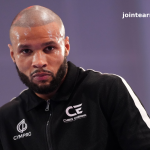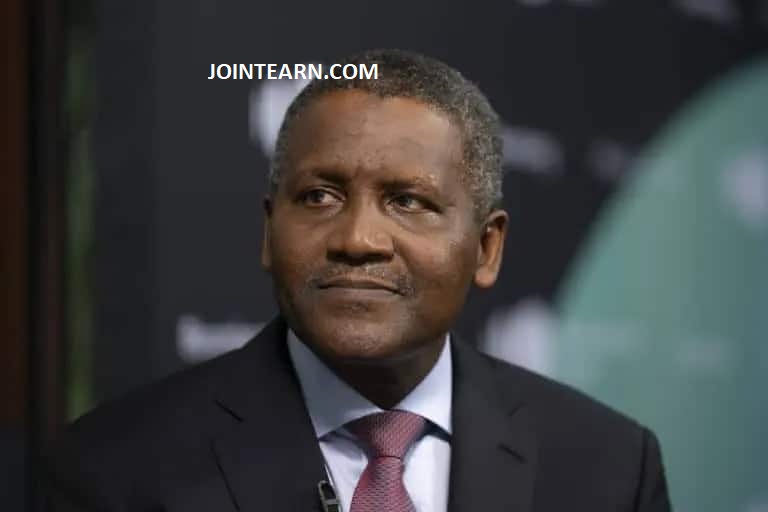In a significant development for both Nigeria and the global financial community, prominent Nigerian businessman Aliko Dangote and several other notable Nigerians have been appointed to influential positions within the World Bank. These new appointments have raised the profile of Nigeria in global financial and developmental circles, with many analysts viewing them as a testament to the growing influence of Nigerian professionals in international organizations.
The World Bank, one of the most powerful financial institutions globally, has long played a critical role in funding development projects and advising governments across the world. With these fresh appointments, the institution is expected to benefit from a wider range of expertise and strategic insight from Nigerian leaders, further strengthening its mission to reduce global poverty and promote shared prosperity.
Aliko Dangote’s New Role at the World Bank
Aliko Dangote, Africa’s richest man and the founder of Dangote Group, is set to play a key advisory role in the World Bank. His extensive experience in business, particularly in the areas of manufacturing and infrastructure, has earned him a position on the World Bank’s advisory board for economic development in Sub-Saharan Africa. This new role is seen as a move to bolster the bank’s focus on private sector investment, job creation, and infrastructure development in the African continent.
Dangote’s appointment is widely regarded as a strategic one, given his track record in revolutionizing industries such as cement, agriculture, and energy. His insights into the challenges of building sustainable infrastructure and fostering private sector development in Africa are expected to influence the World Bank’s policies and development initiatives across the continent.
In his reaction to the appointment, Dangote expressed his excitement and commitment to the role, stating, “I am honored to contribute to the World Bank’s vision of transforming Africa’s infrastructure landscape. I have always believed in the power of collaboration between the private sector and international financial institutions to drive development. I look forward to working with my fellow board members and World Bank staff to further the progress of African nations.”
Key Nigerian Appointments in the World Bank
Alongside Dangote, several other Nigerians have received prominent positions at the World Bank, further boosting the country’s representation in global financial leadership. These individuals are expected to bring their wealth of experience to critical roles within the institution.
-
Dr. Ngozi Okonjo-Iweala – World Bank Director-General Dr. Ngozi Okonjo-Iweala, the former Nigerian finance minister and current Director-General of the World Trade Organization (WTO), was appointed as an honorary senior adviser to the World Bank’s executive team. Okonjo-Iweala’s expertise in economic governance, financial management, and international trade makes her an invaluable asset to the World Bank, particularly in matters related to the intersection of global trade and development finance.
Okonjo-Iweala’s role as an adviser further strengthens the World Bank’s ability to leverage multilateral trade systems to address pressing developmental issues in African countries, including trade facilitation, financing, and poverty alleviation.
-
Akinwumi Adesina – President of the African Development Bank While Akinwumi Adesina’s primary leadership position remains at the African Development Bank (AfDB), his collaboration with the World Bank has grown stronger following his increased advisory role at the institution. As a former Vice President at the World Bank, Adesina brings a wealth of experience in international development, financial services, and regional integration across Africa.
Adesina’s experience with AfDB and his partnership with the World Bank’s African programs is expected to foster greater cooperation between the two organizations, particularly in the areas of rural development, agriculture, and climate change adaptation.
-
Dr. Jim Ovia – Vice President of the World Bank for Africa Dr. Jim Ovia, the founder of Zenith Bank and one of Nigeria’s most influential business leaders, has been appointed as the Vice President for Africa at the World Bank. With his background in banking, finance, and digital innovation, Ovia’s new role will focus on strengthening the World Bank’s partnerships with African governments, the private sector, and multilateral organizations to boost economic growth and development across the continent.
In his remarks, Dr. Ovia emphasized the importance of technology and digital financial inclusion in Africa’s future development. “Africa is on the cusp of a technological revolution, and I believe the World Bank can play a crucial role in supporting governments and businesses to leverage these innovations to achieve inclusive growth.”
-
Dr. Ibe Kachikwu – Special Adviser on Energy and Infrastructure Dr. Ibe Kachikwu, former Minister of State for Petroleum Resources in Nigeria, has been appointed as a Special Adviser on Energy and Infrastructure at the World Bank. Kachikwu, who has vast experience in the energy sector and infrastructure development, will provide strategic counsel to the World Bank on energy projects, sustainable infrastructure development, and addressing the continent’s growing energy needs.
“Energy access is crucial for economic development,” Kachikwu stated in his new capacity. “I look forward to working with the World Bank and global partners to enhance energy infrastructure across Africa, promote sustainable practices, and ensure energy access for all.”
Significance of the Appointments
The appointments of Dangote, Okonjo-Iweala, Adesina, Ovia, and Kachikwu are seen as a major win for Nigeria, reflecting the country’s growing influence on the global stage. They also represent a significant achievement for the African continent, as the World Bank continues to prioritize partnerships that align with the African Union’s Agenda 2063 and the United Nations’ Sustainable Development Goals (SDGs).
The diverse backgrounds of these Nigerian leaders—ranging from finance and banking to energy, infrastructure, and governance—are expected to enrich the World Bank’s approach to tackling developmental challenges in Africa. Their collective expertise will likely contribute to the development of innovative strategies for poverty reduction, economic growth, and sustainable infrastructure development across the continent.
A Stronger Global Presence for Nigeria
Nigeria’s increasing presence in influential global institutions like the World Bank signals a positive shift toward greater representation and leadership from Africa’s most populous country. With its large population, abundant natural resources, and growing economy, Nigeria continues to position itself as a critical player in global financial and developmental conversations.
The appointments of these distinguished Nigerians to key roles at the World Bank also provide an opportunity for greater collaboration between the private and public sectors in driving Africa’s growth agenda forward.
Conclusion
The new appointments of Dangote, Okonjo-Iweala, Adesina, Ovia, and Kachikwu to influential roles at the World Bank are a testament to the rising influence of Nigerian leaders in shaping the future of global development. As the country continues to make strides in various sectors, these appointments will undoubtedly play a pivotal role in advancing Africa’s economic progress and reinforcing the importance of the continent on the global stage.
These new positions come at a crucial time as the World Bank focuses on addressing the challenges of climate change, sustainable development, and poverty reduction. With these experienced Nigerians in key roles, the future of African development within the World Bank looks promising.












